The university launched the Presidential Leadership Fellows Program in 2017, with the first fellow named the following year. The program’s goal is to foster talented, emerging leaders with administrative potential. With the support of The Mellon Foundation, the university was able to expand the program in 2019, with an emphasis on providing training in higher education leadership to rising academic leaders from the fields of arts and humanities.
Fellows engage in the activities and work of the Office of the President and with the President’s Cabinet over the course of one academic year. Each Presidential Leadership Fellow identifies an area of particular interest—fundraising, university budgets, student success, strategic planning, etc.—to concentrate on during the year through study, a project or group work. Additionally, they meet with and collaborate with Cabinet members and other senior university leadership in their area of particular interest.
2024-25 Presidential Leadership Fellows
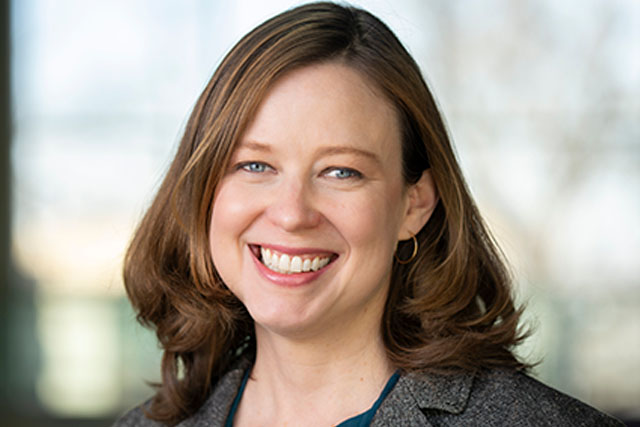
Elizabeth T. Craft
Elizabeth T. Craft is an associate professor in the School of Music. Her highly interdisciplinary research explores how music and the performing arts convey sociopolitical values, focusing on racial and ethnic representation and constructions of national identity in musical theater from the early twentieth century through the present. She is the author of the book Yankee DoodleDandy: George M. Cohan and the Broadway Stage (Oxford University Press, 2024). Her recent work also appears in The Oxford Handbook of Arrangement Studies, The Oxford Handbook of Musical Theatre Screen Adaptations, The Routledge Companion to the Contemporary Musical, and the journal American Music. A dedicated teacher, she was the recipient of a 2024 Early Career Teaching Award at the University of Utah. She received her doctorate in historical musicology from Harvard University.

Sarita Gaytán
Marie Sarita Gaytán is an Associate Professor of Sociology and Gender Studies at the Universityof Utah. Dr. Gaytán teaches classes in the areas of Popular Culture, Latinx Studies, LatinAmerican Studies, Race and Ethnicity, and Food and Society. In addition to numerous journal articles and book chapters, she is the author of ¡Tequila! Distilling the Spirit of Mexico (2014), published by Stanford University Press. Gaytán has been recognized with paper awards from the Latin American Studies Association (Mexico section), the American Sociological Association(Latino/a Sociology section), and the National Association of Chicana and Chicano Studies. She is the recipient of fellowships from prestigious organizations such as the Ford Foundation and the Andrew S. Mellon Foundation, among others.

Rone Shavers
Rone Shavers is author of the experimental Afrofuturist novel Silverfish (Clash Books), a finalist for the 2021 Council of Literary Magazines and Presses Firecracker (CLMP) Award in Fiction, a Big Other Book Award, and one of The Brooklyn Rail’s “Best Books of 2020.” He writes in multiple literary genres and his work has appeared in numerous journals, including Action Spectacle, Another Chicago Magazine, Black Warrior Review, Bomb, Notre Dame Review, and The Vestal Review. His honors include a Pabst Endowed Chair for Master Writers and Mentoring Artist-in-Residence at the Atlantic Center for the Arts, a Nancy B. Negley Writer-in-Residence fellowship at the Dora Maar House in Ménerbes, France, and an Arthur T. Schwab Poet-in-Residence fellowship at MacDowell. Shavers has also received artist-in-residence fellowships to the Constance Saltonstall Foundation for the Arts, the Loghaven Artist Residency, Ragdale, the Virginia Center for the Creative Arts, VCCA France, and several other locales. His most recent creative work is Ten Crônicas, a chapbook collection of prose poems, published by The Magnificent Field in 2021. Shavers is fiction and hybrid genre editor at the award-winning journal, Obsidian: Literature and Arts in the African Diaspora, and his critical essays and reviews have appeared in such diverse publications as American Book Review, The Brooklyn Rail, The Critical Flame, Fiction Writers Review, and The Quarterly Conversation. Additionally, Shavers co-curated and wrote the catalog for the 2019 art exhibition titled, “In Place of Now: Established and Emerging Artists Explore Black Identity through an Afrofuturist Lens,” which featured the artwork of Willie Cole, Renee Cox, and Alisa Sikelianos-Carter, among others, and took place at the Opalka Galley of Sage College in Albany, NY. His most recent contribution to the study of Afrofuturism is a chapter by the same name, published in The New Routledge Companion to Science Fiction. Shavers is Associate Professor of English at The University of Utah in Salt Lake City, Utah. He has previously taught creative writing courses at The College of Saint Rose, the New England Young Writers Conference at Bread Loaf, Northwestern University, and the University of Illinois at Chicago, and was the McGee Distinguished Professor of Creative Writing at Davidson College in Davidson, North Carolina.
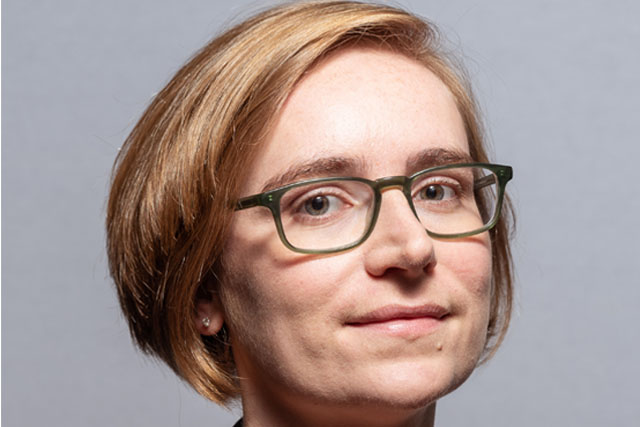
Cindi Textor
Cindi Textor is an Associate Professor in the Department of World Languages and Cultures at University of Utah. She earned her Ph.D. from the Department of Asian Languages and Literature at University of Washington, focusing on modern Japanese and Korean literature, then joined the Council on East Asian Studies at Yale University as a postdoctoral associate. Textor’s research and teaching focus on transnational Japan. She is interested in the ongoing legacies of Japanese imperialism in Asia and the Pacific, particularly as they intersect with American and other western empires in the region. Her first book, Intersectional Incoherence: Zainichi Literature and the Ethics of Illegibility (University of California Press, 2024), examines moments of incoherence, illegibility, and unintelligibility in writing by Koreans in Japan. These moments, she argues, point to problems with the assumptions underlying methods for categorizing and interpreting literature, especially texts situated at the intersections of hierarchies of race, ethnicity, gender, sexuality, disability, language, and empire. Moving beyond received paradigms of literary representation and grappling with the incoherent can allow for a more ethical approach to reading and other cross-cultural encounters. Textor has worked to increase the visibility of Japan studies and Asian studies more broadly at the University of Utah. She served as co-director on a Japan Foundation Institutional Project Support grant that significantly expanded Japanese language and cultural studies at the U, where she is currently acting director of Asian Studies.
2023-24 Presidential Leadership Fellows
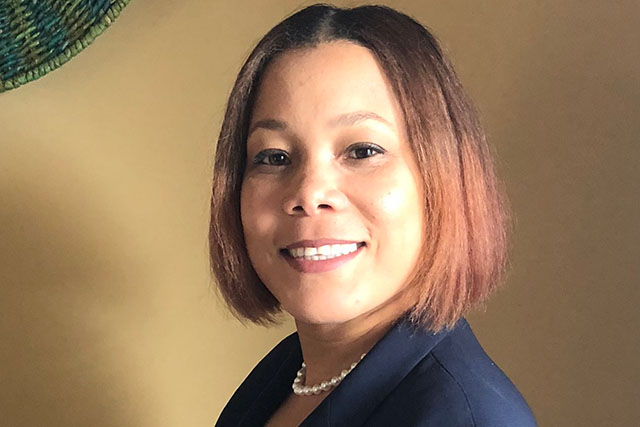
Andrea N. Baldwin
Andrea N. Baldwin is an Associate professor in the Divisions of Gender and Ethnic Studies in the School for Cultural and Social Transformation. Dr. Baldwin completed her doctoral studies at the Institute for Gender and Development Studies Nita Barrow Unit at the University of the West Indies Cave Hill campus Barbados in 2013. She is an attorney-at-law who also holds a master’s degree in international trade policy. Her research interests include Black, transnational, and Caribbean feminist epistemology, feminist decoloniality, reflexivity in qualitative research, Black women in the academy, theorizing pedagogy as a form of feminist praxis, Caribbean cultural studies and Caribbean women’s migration. She has several publications including her 2022 book monograph A Decolonial Black Feminist Theory of Reading and Shade: Feeling the University, as well as three co-edited anthologies. Dr. Baldwin is the creator and co-host of Standpoints, a Black feminist podcast produced by Virginia Tech Publishing. She is also the co-curator of the Caribbean feminist series for Black Women Radicals, and has written and narrated a short documentary film titled Self Care: A Radical Act which was screened at the Berlin Feminist Film Festival in March 2018. Dr. Baldwin is the recipient of several awards including an international fellowship at Brown University in 2010. She was awarded the 2018 John S. King Excellence in Teaching Award from Connecticut College, where she was a Visiting Assistant Professor and served as the Assistant Director of Africana Studies and the Associate Director for Praxis at the Center for the Critical Study of Race and Ethnicity. Prior to her appointment at the University of Utah, Dr. Baldwin was an assistant and then associate professor in the Women and Gender, and Africana Studies programs at Virginia Tech. While at Virginia Tech Dr. Baldwin received awards for teaching, research, and service including the Certificate of Teaching Excellence from the College of Liberal Arts and Human Sciences and the Lisa Tabor Award for Community Service in 2020; the College Diversity Award, and the E. Gordon Ericksen Award for Outstanding Graduate Faculty in the Department of Sociology in 2021; and the Excellence in Access and Inclusion Award Service for Students with Disabilities 2022. In 2022 she was also awarded the Faculty Early Career Award for Outstanding Personal and Professional Accomplishments and Exemplar Contributions to Academia and Women of Color, at the Faculty Women of Color in the Academy conference. Dr. Baldwin was born and raised on the small Caribbean Island state of Barbados and considers herself an all-around Caribbean woman and loves everything coconut and soca.
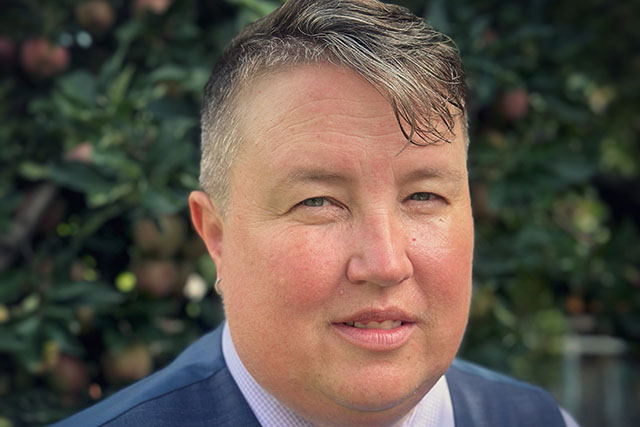
Alexis M. Christensen
Alexis M. Christensen is an archaeologist and associate professor/lecturer in the Classics Section of the Department of World Languages & Cultures. She received master’s degrees in classical archaeology and Latin, as well as a Ph.D. in classical archaeology from The FloridaState University in 2006. Christensen teaches courses on Greek and Roman culture, classical reception, and the ancient Greek and Latin languages. Currently, she is working on a book project that will provide both a Latin grammatical and cultural commentary for intermediate and advanced students on the Bacchanalian Conspiracy episode in Livy’s history of Rome.Christensen has participated in archaeological excavations in Italy and Ukraine; she is currently the associate director of the Libarna Urban Landscapes Project in the Piedmont region of Italy.Her research in the field of archaeology focuses on the creation of identity through the design and decoration of domestic space in the Roman world. Additionally, Christensen is passionate about working with students and the public to understand the ongoing relevance of the ancient Mediterranean world, both as a field of study in its own right and how these ancient cultures continue to influence our own culture. To this end she has designed courses on the reception of the Trojan War, Atlantis and pseudo-archaeology, and video games and the classical world. Christensen has served as a faculty mentor for numerous undergraduate research projects through the U’s Office of Undergraduate Research. She is currently a facilitator for the mentoring cohort certificate program through the Office of Research Education.
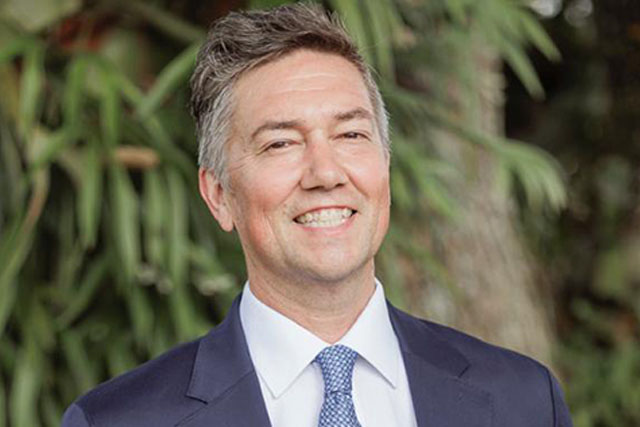
Thomas Michael Swensen
Thomas Michael Swensen is an assistant professor of Ehtnic Studies. Dr. Swensen was born in Kodiak and graduated from S.A.V.E. II high school in Anchorage. Driven by a passion for learning and higher education, Swensen relocated to the lower-48 in his twenties and pursued his academic dreams. He is enrolled in Tangirnaq Native Village, also known as the Woody Island Tribe (a federally recognized tribal government), www.woodyisland.com. He is an enrolled shareholder in Koniag, inc. Alaska Native Regional Corporation (formed under the Alaska Native Claims Settlement Act of 1971, ANCSA), www.koniag.com. He is also an enrolled shareholder in Leisnoi, inc. known as the Native Village of Leisnoi. Alaska Native Village Corporation (formed under the Alaska Native Claims Settlement Act of 1971, ANCSA), www.leisnoi.com. With the tribal and regional support, Swensen earned undergraduate degrees in English, Art, and Urban Planning, master's degrees in English and Ethnic Studies, and earned a Ph.D. from the University of California, Berkeley. Currently, Swensen is an assistant professor of Ethnic Studies and has held the prestigious postdoctoral fellowship in American Indian Studies at the University of Illinois Urbana Champaign in 2011 and was the 2017-2018 Katrin H. Lamon Fellowship Residential Scholar at the School for Advanced Research, in Santa Fe, New Mexico. Beyond his academic and professional accomplishments, Swensen finds immense pride in his role as a Koniag Education Foundation Board of Directors member. This position allows him to give back to the community and empower aspiring students to achieve their educational goals, just as he was once supported in his journey. He is also grateful to serve on a Koniag Shareholder Committee and serve the Alutiiq people. Swensen advises students that it's important to have a monthly budget to manage your finances effectively and remember to set aside some funds to treat yourself for all the effort you put in at school. Swensen's journey is of perseverance, dedication, and a commitment to serving others. His passion for learning makes him an influential advocate for education and community development.
2022-23 Presidential Leadership Fellows
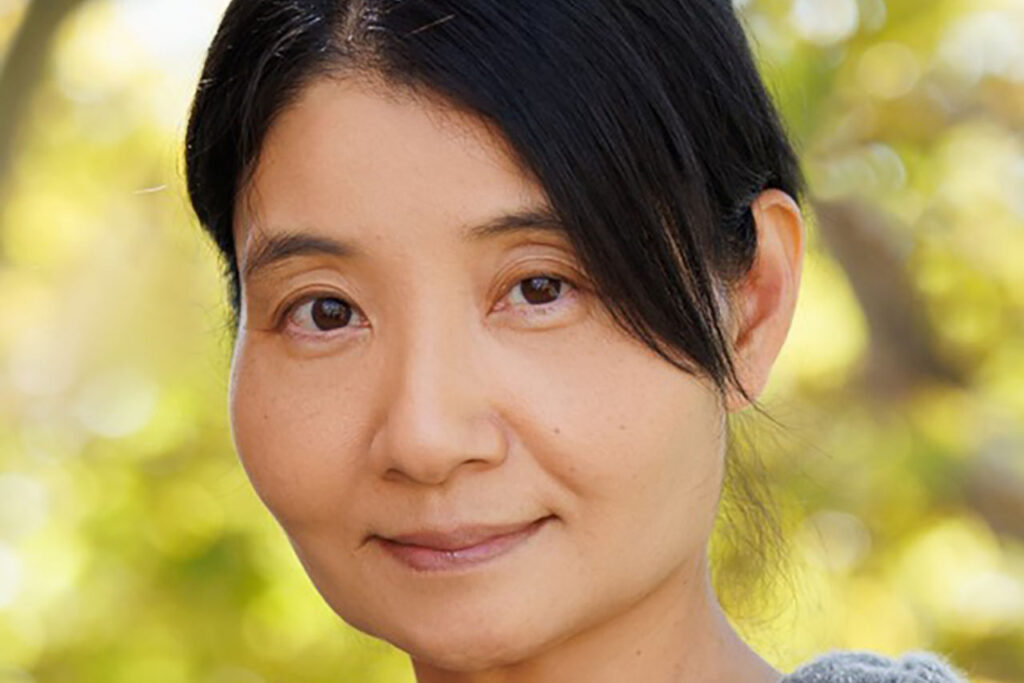
Suhi Choi
Dr. Suhi Choi is a professor of memory studies and communication at the College of Humanities. She is the author of two books: Right to Mourn: Trauma, Empathy, and Korean War Memorials (Oxford University Press, 2019) and Embattled Memories: Contested Meanings in Korean War Memorials (University of Nevada Press, 2014). She is currently working on her third book which presents an iconoclastic critique of the Korean War Veterans Memorial in Washington DC. She has been a Fulbright Specialist between 2015 and 2022 and currently serves as the Associate Chair of the Department of Communication. With the department’s leadership role, she has focused her efforts on enhancing global education by not only facilitating interactions between refugee communities (global, yet deeply local population) and the members of the department but also creating a stronger connection between two communication departments in the University Asia Campus and the main campus. Suhi Choi grew up in South Korea and studied Korean History at Korea University. After she had worked as a freelance TV documentary writer for five years, she came to the United States to pursue higher education. She earned her MFA in TV production in 2002 from the Brooklyn College of the City University of New York and received her doctoral degree in Mass Media and Communication in 2006 from Temple University in Philadelphia.
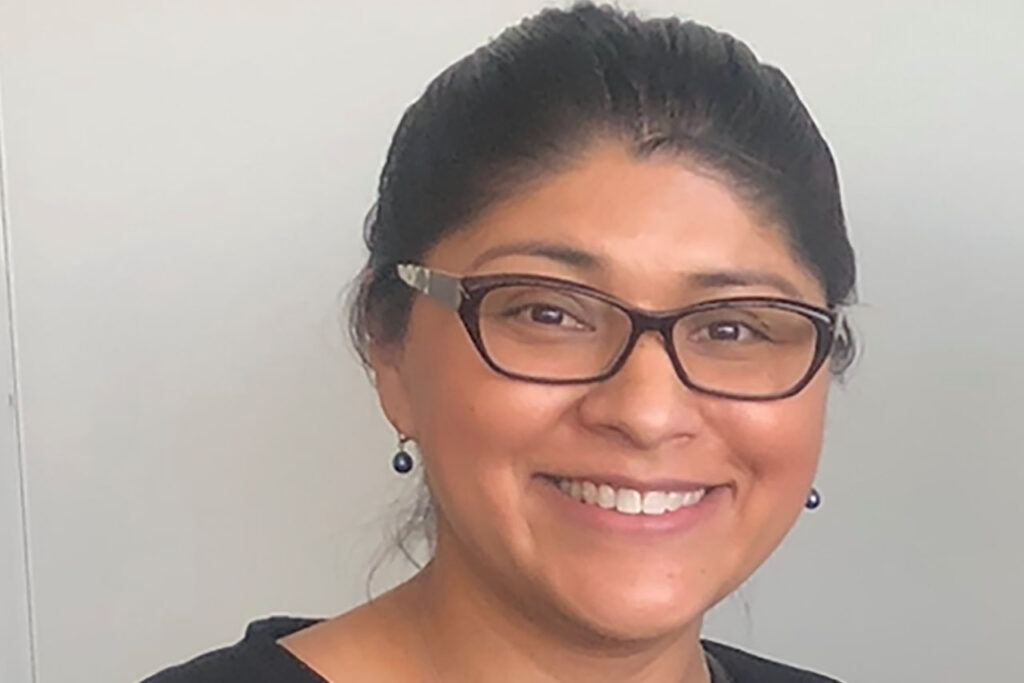
Tanya Flores
Dr. Tanya Flores is a socio-phonetician and Associate Professor of Spanish Linguistics in the department of World Languages and Cultures at the University of Utah. She is also currently serving as Associate Chair of the department (2021-2024), and Fulbright scholar department supervisor. Her research focuses on sound changes that are motivated by social factors and brings together both quantitative and qualitative research methods. The combination of methods allows her research to examine socio-phonetic variation that considers several motivating factors, including phonetic environment, speaker & listener traits, type and origin of discourse, and lexical frequency of spoken words. Her current research spans diverse populations, including (1) Spanish-English bilingual children, (2) Japanese-Spanish bilinguals, and (3) deaf and hard-of-hearing children in bilingual homes. Dr. Flores is a firm believer in connecting academic research with practical service to the community and involving students at every stage of research. Her research and grant-funded projects have had Community-based Research components as well as student researcher participation. She has mentored dozens of undergraduate and graduate students on a variety of projects through individual grants and also the University UROP program since 2014. Since jo ning the faculty, Dr. Flores has taught several linguistics courses, received numerous research grants, and served on committees such as the University Conflict of Interest committee (2016-2022), the college Diversity Task Force, and numerous graduate student committees. As Associate Chair, Dr. Flores has been working to support and further integrate our adjunct faculty into the department, through pedagogy-related networks, inclusivity events, and providing conference funding opportunities. She is grateful for this opportunity to learn more about University leadership and especially excited to learn more on how to build bridges across campus and across institutions.
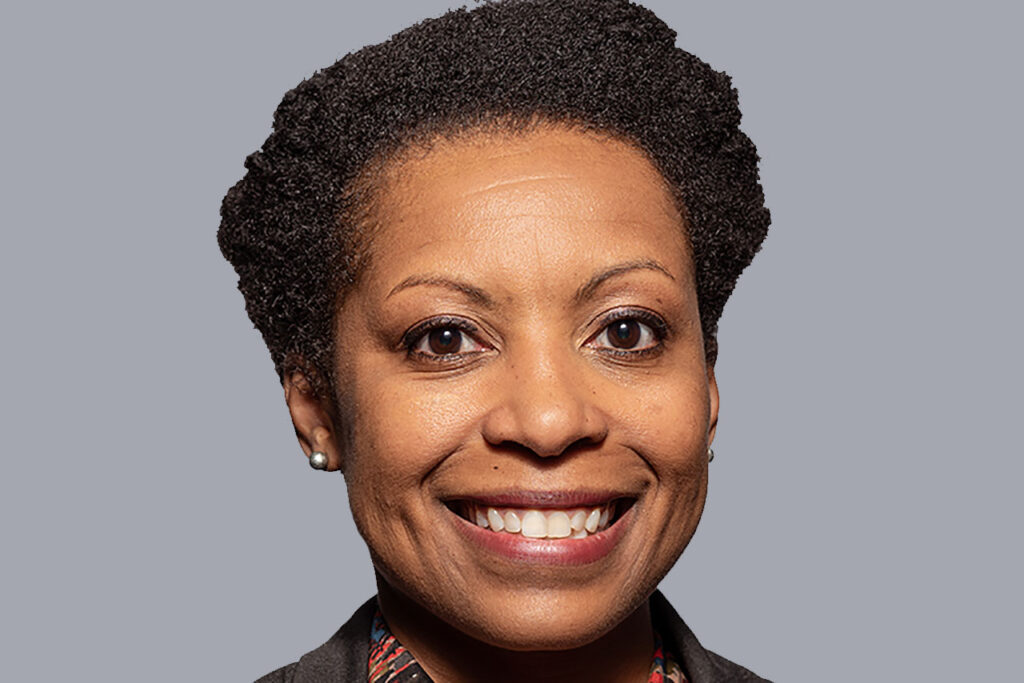
Crystal S. Rudds
Dr. Crystal S. Rudds is an Assistant Professor of English at The University of Utah. Her research focuses on twentieth-century African American literature and qualitative narratives about navigating urban life. She is currently working on a book project that explores representations of public housing in African American literature, film, photography, and ethnography. Rudds is also a University of Utah Faculty Fellow, a Dee Grant recipient, a University of Utah research seed grant recipient, and a UMFA Collections Grant recipient. At her former institution, Rudds was awarded Faculty of the Year for her teaching and founding/facilitation of the GUIDE mentoring program, an initiative that paired students and faculty in one-on-one relationships and included civic, professional, and creative development opportunities. She has been an NEH Summer Seminar participant and received a certificate from Roosevelt University’s Faculty Leadership in Teaching (FLinT) program. Currently, she serves on several departmental and campus committees, including the English Department Antiracism, SLCC Outreach, and Speaker Series Committees, and the “State of Black Utah Summit” Committee coordinated by the U’s Black Faculty and Staff Association. In greater Salt Lake County, she is a book club facilitator for the CurlyMe non-profit organization, a new member of Nibley Park’s School Community and Improvement Council, and an ally to the Wasatch Tenants Union. Rudds is also a published fiction writer and poet.
2021-22 Presidential Leadership Fellows
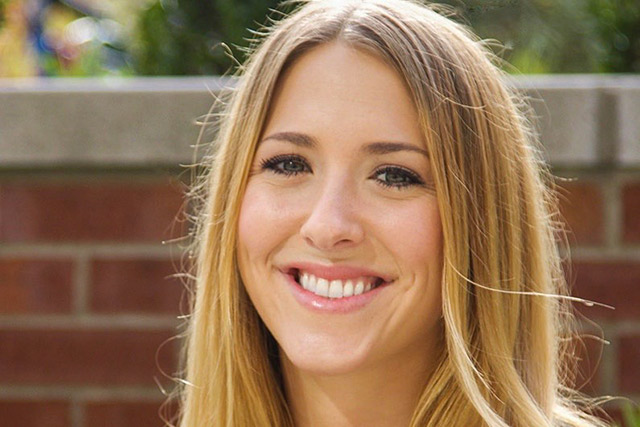
Ashley Cordes
Ashley Cordes is an assistant professor of Indigenous Communication in the College of Humanities. She is the recipient of an American Council of Learned Societies Fellowship to finish her book on counter-stories of alternative currencies in Indigenous communities from 1853-2020. Her research lies at the intersection of Indigenous studies, digital media, critical/cultural studies, and community-based projects. Her recent work in these areas has been published in journals such as Cultural Studies ↔ Critical Methodologies, Journal of International and Intercultural Communication, and Feminist Media Studies. She received her doctorate degree from the University of Oregon and continues to work closely with the Kōkwel/Coquille Nation, located in what is now known as Southwest Oregon, as Chair of the Coquille Culture and Education Committee.

Romeo Garcia
Romeo García is an assistant professor in the Department of Writing & Rhetoric Studies. He researches and teaches about the relationship between literacies, rhetorics, and colonialities (understood both as a logic of management and control and as a system of Ideas, images, and ends, of which are shared in, imported, expanded, and disputed). García's research appears in College Composition and Communication, Rhetoric Society Quarterly, Across the Disciplines, The Writing Center Journal, and Rhetoric, Politics & Culture (forthcoming). He is co-editor (with Damián Baca) of Rhetorics Elsewhere and Otherwise, winner of the 2020 Conference on College Composition & Communication Outstanding Book Award (Edited Collection). García earned his doctorate degree in composition and cultural rhetoric from Syracuse University in 2017.
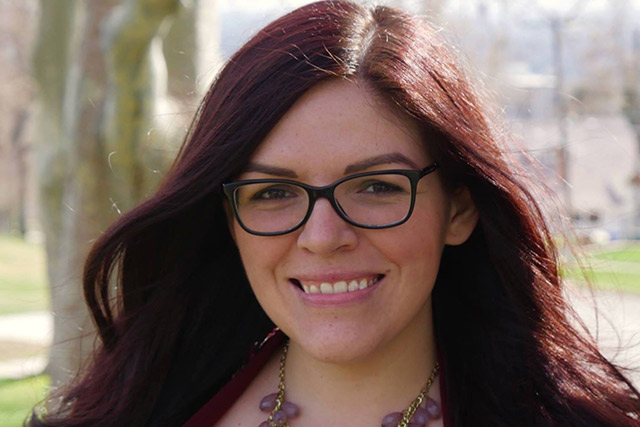
Danielle R. Olden
Danielle R. Olden is assistant professor of history at the University of Utah. Her first book, Racial Uncertainties: Mexican Americans, School Desegregation, and the Making of Race in Post-Civil Rights America, will be published by the University of California Press in 2022. Her scholarship has been supported by the National Endowment for the Humanities, the University of Utah Tanner Humanities Center, and the Charles Redd Center for Western Studies at Brigham Young University. She is the recipient of the 2021 University of Utah Faculty Teaching Award for Excellence in General Education and the 2017 College of Humanities Rising Star in the Humanities Award. She received her Ph.D. in modern U.S. history at Ohio State University in 2013.
2020-21 Presidential Leadership Fellows
This year, the Mellon Foundation is supporting three faculty members as fellows; a fourth fellow is being sponsored by the university.
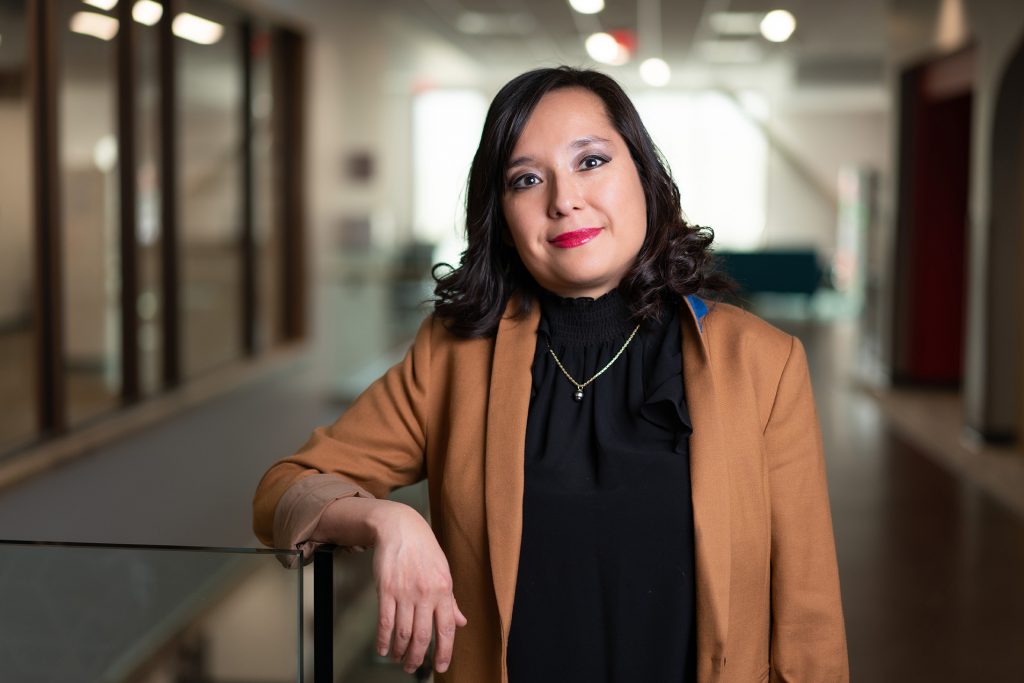
Annie Isabel Fukushima
Annie Isabel Fukushima is an assistant professor in the Division of Ethnic Studies in the School for Cultural and Social Transformation. Fukushima also is the project lead on the University of Utah’s Gender-based Violence Consortium. She is the co-lead for the Institute of Impossible Subjects project “Migratory Times” and author of the award-winning book “Migrant Crossings: Witnessing Human Trafficking in the U.S.” (Stanford University Press, 2019). Prior to coming to the University of Utah, Fukushima was an Andrew W. Mellon Postdoctoral Fellow at Rutgers University (2013–2015) with the Institute for Research on Women and the Department of Women and Gender Studies. She received her doctorate degree from University of California, Berkeley in Ethnic Studies with a Designated Emphasis in Women, Gender & Sexuality Studies.
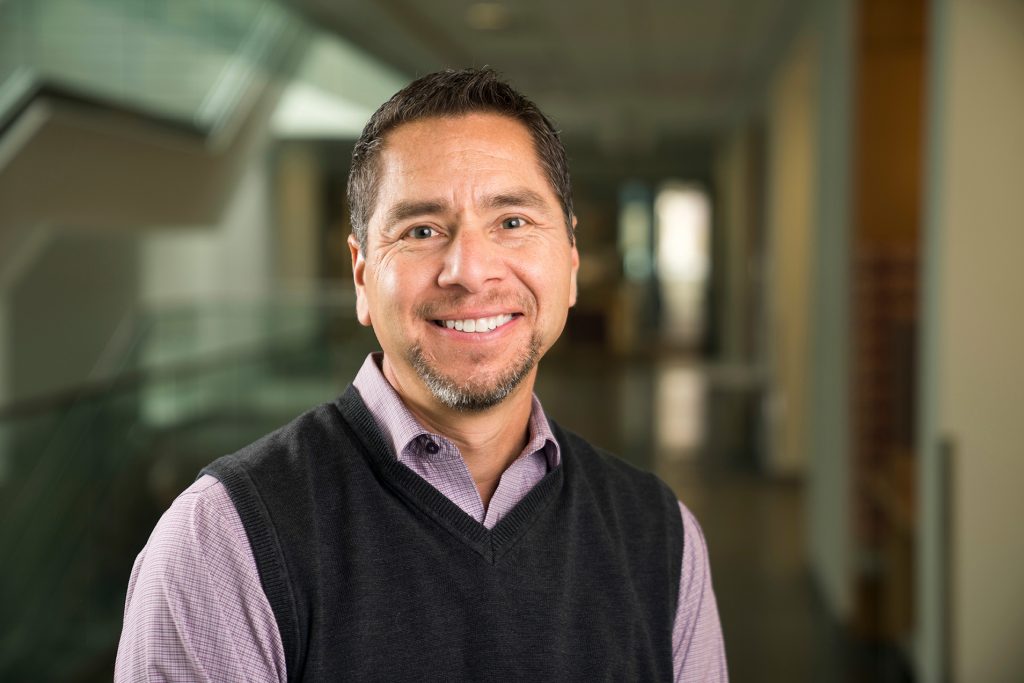
Jason Burrow-Sánchez
Jason Burrow-Sánchez is a professor of counseling psychology and the chair of the Department of Educational Psychology in the College of Education. He is also the director of the Mountain Plains Region 8 Prevention Technology Transfer Center, funded by the Substance Abuse and Mental Health Services Administration at the University of Utah. His research interests include the prevention and treatment of substance use for adolescents in school and community settings with a particular interest in Latinx adolescents. His research has been funded at the local, state and national levels and he has published numerous articles, chapters and books. Burrow-Sánchez is a licensed psychologist in the state of Utah. He received his doctorate degree from the University of Oregon in 2003.
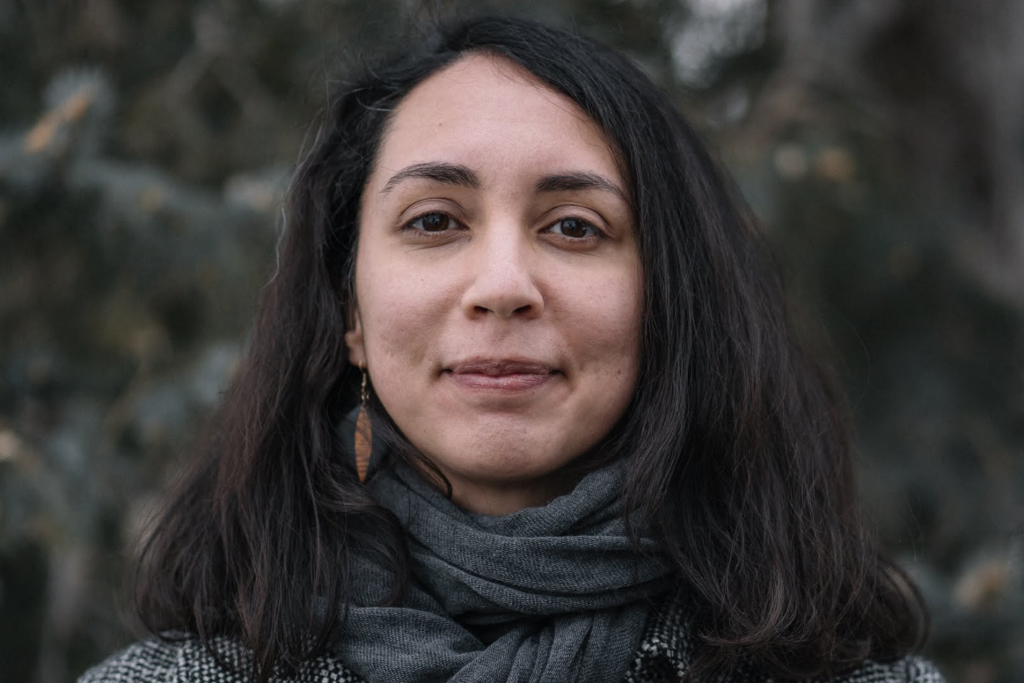
Maile Arvin
Maile Arvin is an assistant professor in the Division of Gender Studies in the School for Cultural and Social Transformation and the Department of History in the College of Humanities. She is the recipient of an ACLS Incentive Fellowship (2019) and participated in the Foundation Fellows Program (2018). Arvin is the author of “Possessing Polynesians: The Science of Settler Colonial Whiteness in Hawaii and Oceania” (Duke University Press, 2019). Arvin was an assistant professor of ethnic studies at the University of California, Riverside (2015-17) and a University of California President’s Postdoctoral Fellow (2013-15). She earned her doctorate degree in ethnic studies from the University of California, San Diego in 2013.
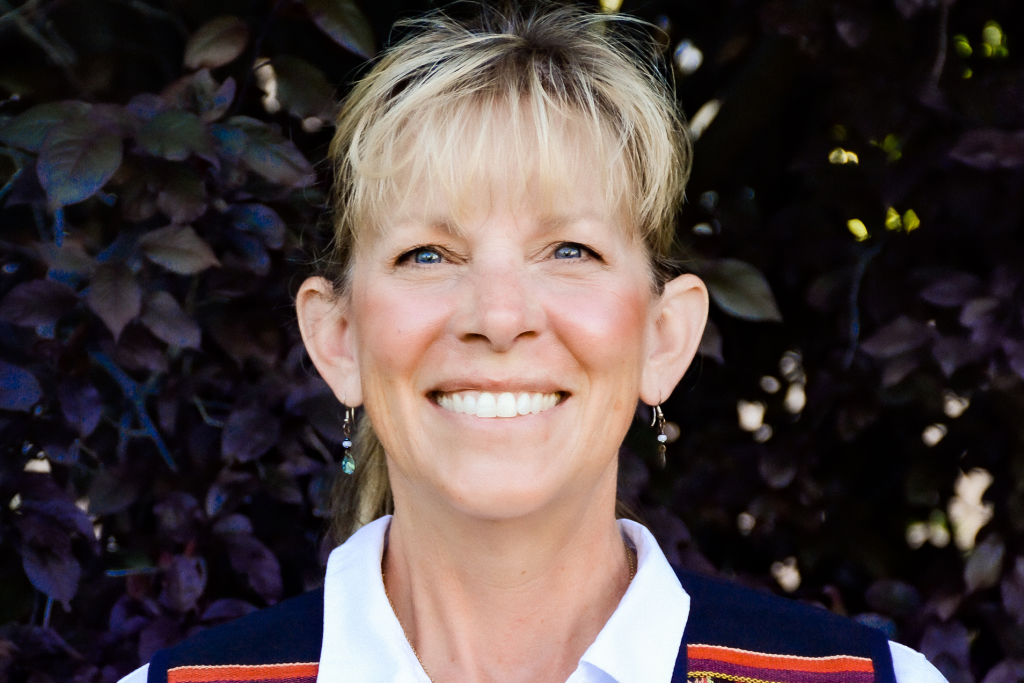
Kelly S. Bricker
Kelly S. Bricker is a professor and chair in the Department of Parks, Recreation, and Tourism in the College of Health. She has research and teaching interests in nature-based tourism, sense of place, gateway communities, natural resource management, health benefits of nature-based experiences, and the impacts of tourism. Bricker is the co-author or editor of seven books on sustainable tourism, ecotourism and the restorative qualities of nature. She has contributed numerous chapters to books on tourism’s environmental and social impacts and authored more than 60 journal articles. Bricker serves on the boards of the Global Sustainable Tourism Council, the Tourism and Protected Area Specialist Group of the IUCN, and the Central Wasatch Stakeholders Council. With her husband, partners in Outdoor Adventure River Specialists, and 12 communities in the rural highlands of Fiji, Bricker established a lease for conservation on the Upper Navua River through an ecotourism project they created called Rivers Fiji. She completed her doctorate degree at The Pennsylvania State University, where she specialized in sustainable tourism and protected area management.
2019-20 Presidential Leadership Fellows
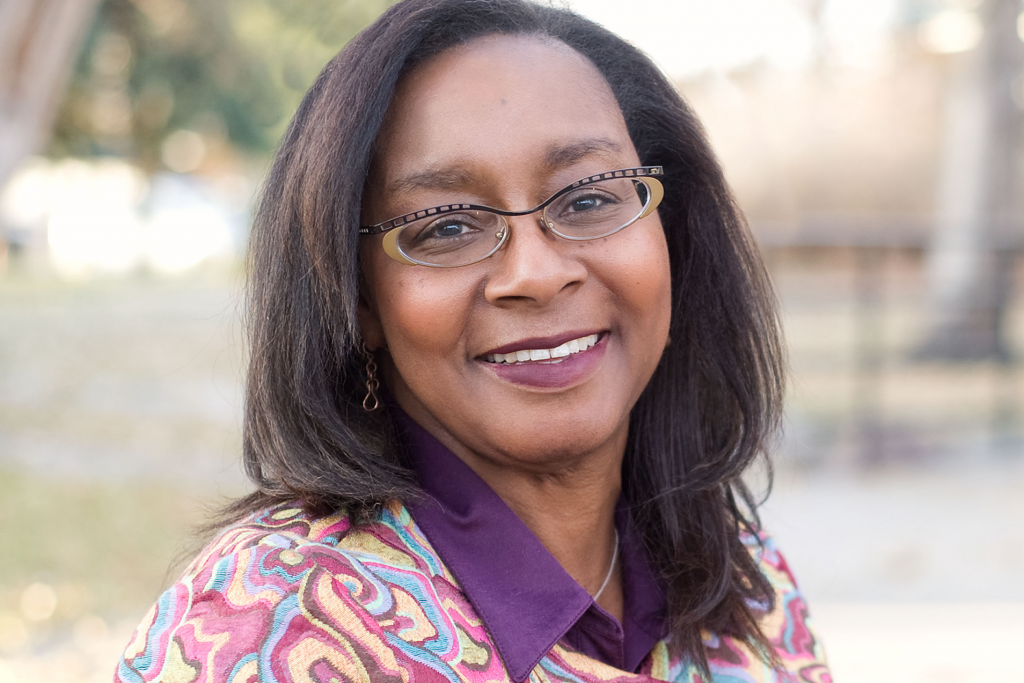
Joy Pierce
Joy Pierce is the associate dean for academic and faculty affairs in the College of Humanities and an associate professor of writing and rhetoric studies and affiliate professor in Latin American Studies. Her research focuses on digital divides and digital literacy. She employs cultural studies and contemporary social theory through a critical pedagogical lens to study underrepresented populations coming to information communication technologies. Pierce has studied the theories of qualitative research methods extensively, and is a methodologist specializing in ethnographies (auto, performative, participatory action research). Her community-engaged research has led to guest speaking at professional meetings, and in the media; and consulting on local, state and federal policy. Pierce has presented research papers at regional, national and international conferences; published in communication, sociology and qualitative research methods journals; and is the author of “Digital Fusion: A Society Beyond Blind Inclusion” (Peter Lang, 2015). She is working on a book titled “Autoethnography: Beyond the Self.” She received a doctorate degree in communication in the Institute for Communication Research from the University of Illinois, Urbana-Champaign.
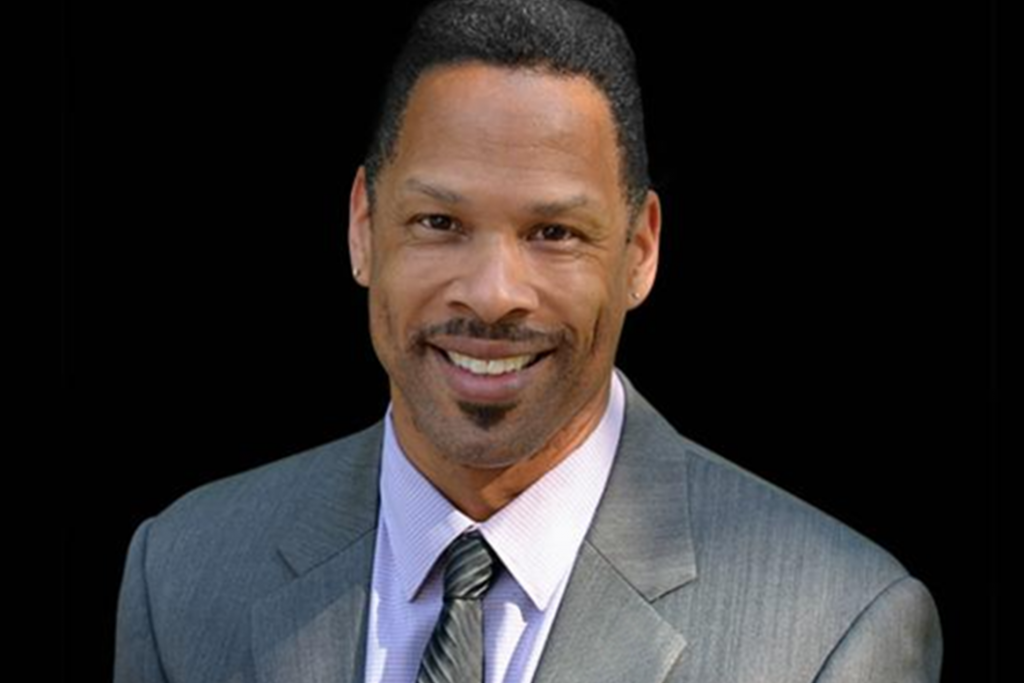
Harris D. Smith
Following the conclusion of his fellowship in June 2020, Smith accepted a new role as dean of the College of Fine Arts at the University of New Mexico. Smith was a professor and chair of the Department of Theatre in the College of Fine Arts, where he worked to foster and promote diversity in recruitment, training, program and facility development and recognition of the program nationally and internationally. Smith’s research focuses on interdisciplinary collaboration as a communications coach for the New York State Defenders Association and on performance, where he is exploring incorporation of “Afrofuturism” values into stage combat. Smith is a certified teacher of stage combat through the Society of American Fight Directors. He has worked as an actor and fight director at several regional theatres, including Utah Shakespeare Festival, ACT in Seattle, Wash., St. Louis Black Repertory, Sacramento Theatre Company and Illinois Shakespeare Festival. He previously was director for the Johnny Carson School of Theatre and Film at the University of Nebraska-Lincoln (2015-2018) and producer of the Off Center Season at Central Washington University. Smith also was an assistant professor at SUNY-Albany and an adjunct professor at Webster University. He graduated from the nationally ranked MFA acting program at the University of Washington. He served on the board of directors of the University/Resident Theatre Association (2009-2011). Smith has extensive acting experience in television, film and theatre and directing and choreography experience. Smith is the recipient of several awards, including five Tellys, for his work.
2018-19 Presidential Leadership Fellows
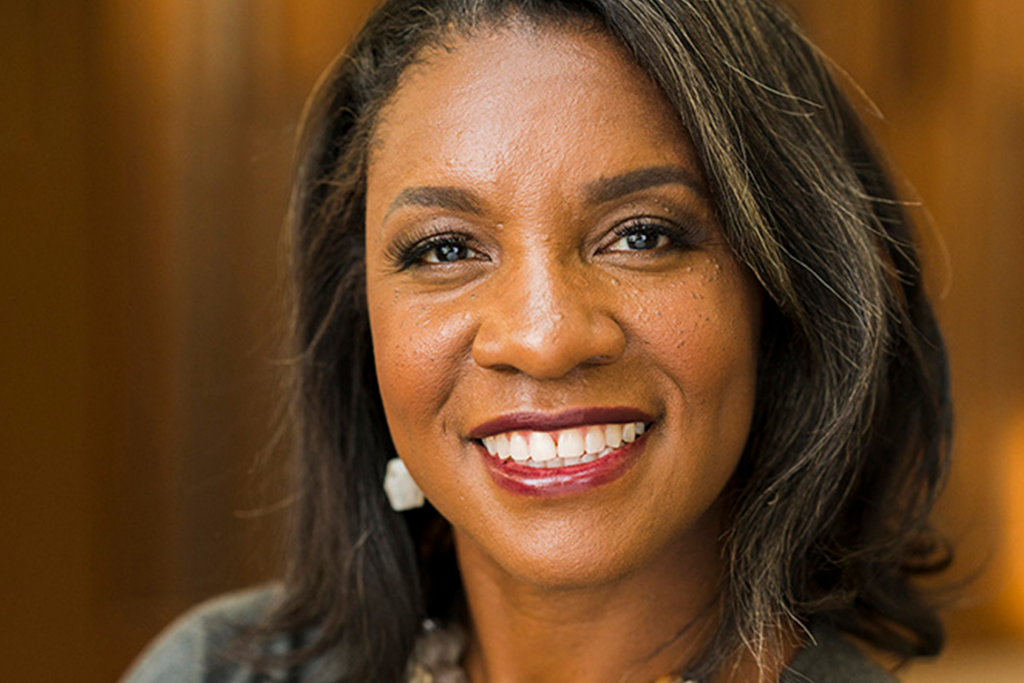
Erika R. George
Erika R. George is the director of the Tanner Humanities Center and is the Samuel D. Thurman Professor of Law at the University of Utah’s S.J. Quinney College of Law. She teaches U.S. constitutional law, international human rights law, international environmental law, international trade law and seminars in corporate citizenship. Her current research examines the emerging responsibilities of business enterprises to respect human rights and various efforts to hold multinational corporations accountable for alleged international human rights violations. Prior to joining the U, George served as a law clerk on the United States District Court for the Northern District of Illinois, as a corporate litigation associate for the law firm Jenner & Block in Chicago, and as a fellow for Human Rights Watch in New York City before returning to private practice. Her book-length report for Human Rights Watch, “Scared at School: Sexual Violence Against Girls in South African Schools,” received widespread media coverage in South Africa and internationally. George is a Fellow of the American Bar Foundation and is currently chair of the executive board of the American Bar Association Center for Human Rights. She served on the executive committee of the U.S. Department of State Public-Private Partnership for Justice Reform in Afghanistan and was co-chair of the Africa Interest Group of the American Society of International Law. George was a founding member of the Advisory Board of the U’s Tanner Center for Nonviolent Human Rights Advocacy and later served as interim director. She was a member of the board of the ACLU of Utah. She is the author of “Incorporating Rights,” forthcoming from Oxford University Press. She earned her juris doctorate from Harvard Law School, where she served as articles editor of the Harvard Civil Rights-Civil Liberties Law Review. George also holds a master’s degree in international relations from the University of Chicago.
